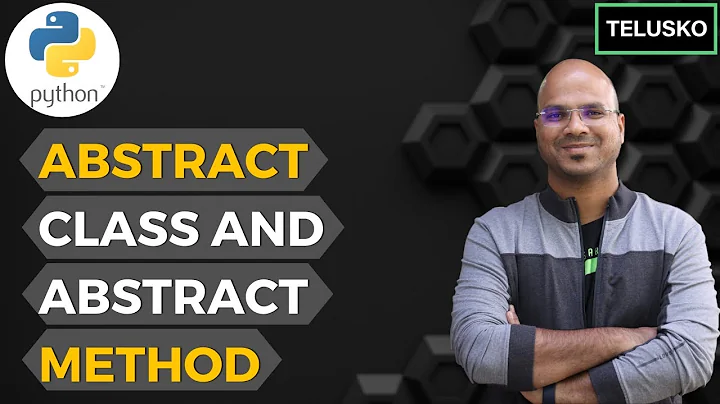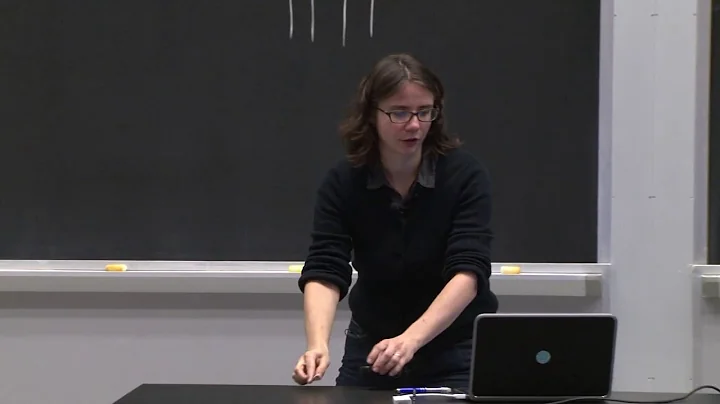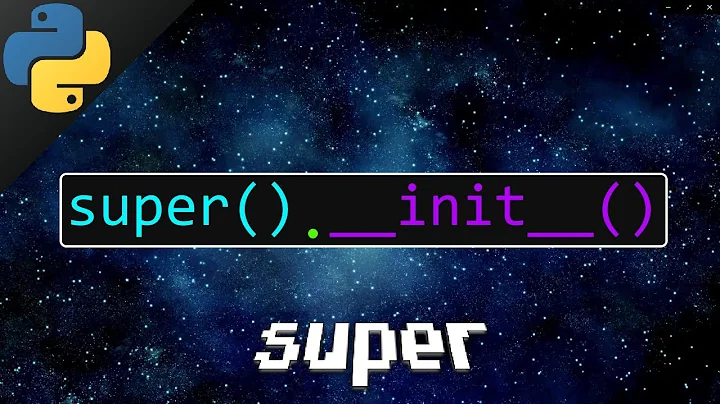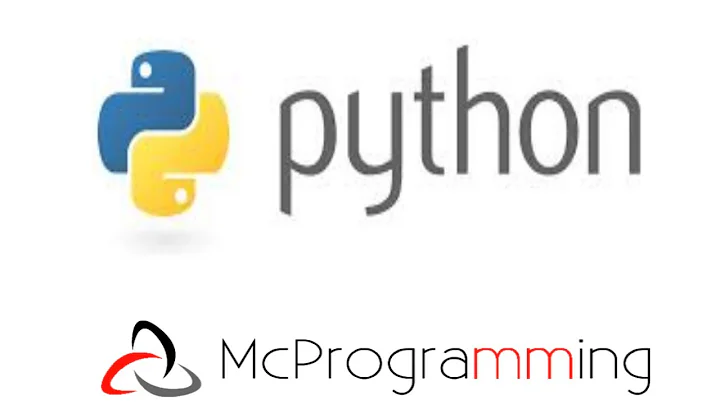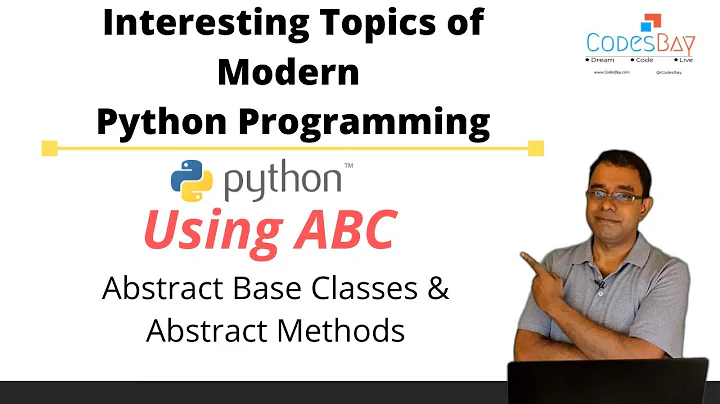Can functions accept abstract base classes as arguments?
Solution 1
You cannot pass an Animal object to the derived class function because you cannot create an object of Animal class et all, it is an Abstract class.
If an class contains atleast one pure virtual function(speak()) then the class becomes an Abstract class and you cannot create any objects of it. However, You can create pointers or references and pass them to it.
You can pass an Animal pointer or reference to the method.
void speakTo(Animal* animal)
{
animal->speak();
}
int main()
{
Animal *ptr = new Dog();
speakTo(ptr);
delete ptr; //Don't Forget to do this whenever you use new()
return 0;
}
Solution 2
You will need to pass a reference instead of a copy:
void speakTo(Animal& animal) {
animal.speak();
}
Related videos on Youtube
Comments
-
rayhem about 4 years
Having gotten comfortable with the idea of basic classes and encapsulation, I've launched myself towards understanding polymorphism, but I can't quite figure out how to make it work. Many of the examples I've searched through come across as really, really forced (classes Foo and Bar are just too abstract for me to see the utility), but here's how I understand the basic concept: you write a base class, derive a whole bunch of other things from it that change what the base methods do (but not what they "are"), then you can write general functions to accept and process any of the derived classes because you've somewhat standardized their appearance. With that premise, I've tried to implement the basic Animal->cat/dog hierarchy like so:
class Animal { public: virtual void speak() = 0; }; class Dog : public Animal { public: void speak() {cout << "Bark bark!" << endl;} }; class Cat : public Animal { public: void speak() {cout << "Meow!" << endl;} }; void speakTo(Animal animal) { animal.speak(); }where speakTo can take can take a general kind of animal and make it, well, speak. But as I understand it, this doesn't work because I can't instantiate Animal (specifically in the function argument). I ask, then, do I understand the basic utility of polymorphism, and how can I really do what I've tried to do?
-
rayhem about 12 yearsAhh, brilliant! I had read that "a pointer to a derived class is type-compatible with a pointer to its base class," but I got hung up in pass-by-reference vs. actually passing a pointer. Does passing a pointer differ at all from PBR, or does the ampersand for PBR just inform the compiler to treat the syntax specially (if that makes any sense...)?
-
Mooing Duck about 12 years@connorG: Reference wont accept null, otherwise they're pretty much the same
-
 Alok Save about 12 years@ConnorG: Well, None answers your Q better than Scott Meyers, in Distinguish between pointers & references.Note that I used a pointer in the example just for simplicity.
Alok Save about 12 years@ConnorG: Well, None answers your Q better than Scott Meyers, in Distinguish between pointers & references.Note that I used a pointer in the example just for simplicity.


